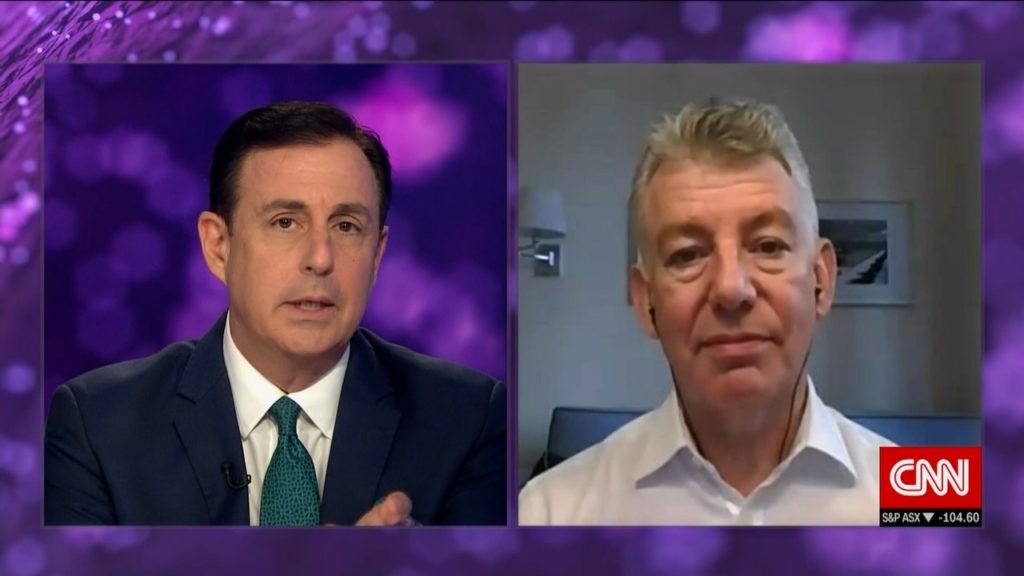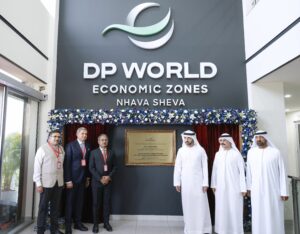
In an interview with John Defterios, Paul Griffiths, chief executive officer of Dubai Airports, tells CNN that the steps are in place to establish a travel corridor with London.
Griffiths also outlines the rapid testing and quarantine requirements to help the airline industry recover from the Covid-19 pandemic, telling Defterios that the current quarantine guidelines are doing “more damage than any of the other single measure.”
“Well the first thing we need to do John is to make absolutely sure there’s harmonisation across the world in the testing, tracing, quarantining and mitigation methods that are being used. At the moment, all those discreet components that are absolutely necessary to get the world back up on its feet are looked at differently across the world and it’s until that harmonisation happens, we’re not going to make the progress we need to get to make to get the world moving again,” says Griffiths.
“I believe we’re actually in the position now where we could adopt some of these methods. There are various types of scalable, affordable, quick and accurate methodologies for testing now that are in the final stages of development and I think a lot of countries are trialing those now. If we can adopt one which could give you a positive or negative result to a Covid test in literally a few minutes, that would transform the whole thing.”
He adds: “That’s not just the entire picture, because the other problem is of course is the extended quarantine periods being applied at the moment. In my view, they’re actually doing more damage than any of the other single measure because people don’t have the time to be able to spend up to 14 days in quarantine upon reaching their destination.”
“We believe we have all the steps in place both here and in London to make that happen. But the thing is of course, before we can get any agreements signed, we have to get the governments on board. If we could get a travel corridor established between here and London, then we could very, very quickly see a massive surge in traveller confidence and the numbers starting to come back, which would be good for the economy. It would be good socially and would be a good message to other cities around the world to follow suit. So, we’re really, really keen to be an early adopter of this.”












